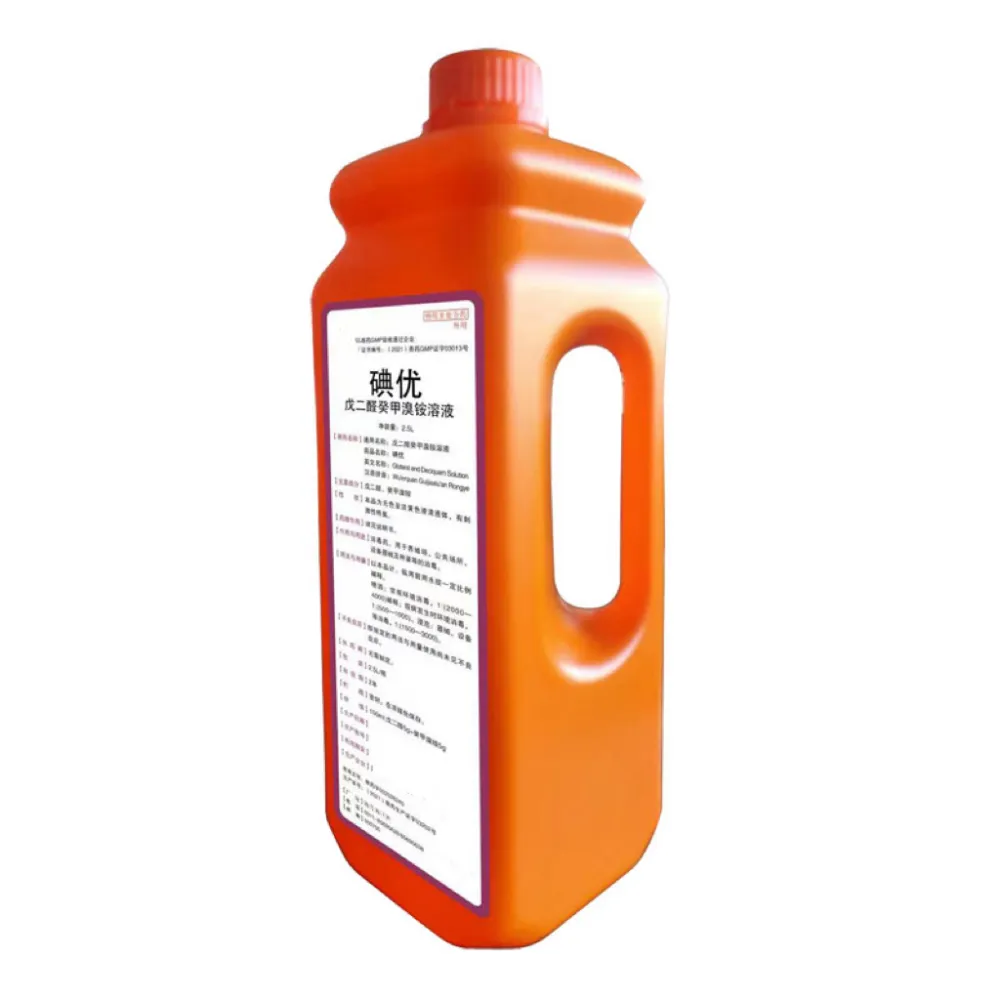- Afrikaans
- Albanian
- Amharic
- Arabic
- Armenian
- Azerbaijani
- Basque
- Belarusian
- Bengali
- Bosnian
- Bulgarian
- Catalan
- Cebuano
- Corsican
- Croatian
- Czech
- Danish
- Dutch
- English
- Esperanto
- Estonian
- Finnish
- French
- Frisian
- Galician
- Georgian
- German
- Greek
- Gujarati
- Haitian Creole
- hausa
- hawaiian
- Hebrew
- Hindi
- Miao
- Hungarian
- Icelandic
- igbo
- Indonesian
- irish
- Italian
- Japanese
- Javanese
- Kannada
- kazakh
- Khmer
- Rwandese
- Korean
- Kurdish
- Kyrgyz
- Lao
- Latin
- Latvian
- Lithuanian
- Luxembourgish
- Macedonian
- Malgashi
- Malay
- Malayalam
- Maltese
- Maori
- Marathi
- Mongolian
- Myanmar
- Nepali
- Norwegian
- Norwegian
- Occitan
- Pashto
- Persian
- Polish
- Portuguese
- Punjabi
- Romanian
- Russian
- Samoan
- Scottish Gaelic
- Serbian
- Sesotho
- Shona
- Sindhi
- Sinhala
- Slovak
- Slovenian
- Somali
- Spanish
- Sundanese
- Swahili
- Swedish
- Tagalog
- Tajik
- Tamil
- Tatar
- Telugu
- Thai
- Turkish
- Turkmen
- Ukrainian
- Urdu
- Uighur
- Uzbek
- Vietnamese
- Welsh
- Bantu
- Yiddish
- Yoruba
- Zulu
9 月 . 16, 2024 12:09 Back to list
Natural Remedies for Worms in Cats
Natural Remedies for Killing Worms in Cats
Worm infestations in cats can be a distressing experience for both pets and their owners. These parasites not only affect a cat's health but can also pose risks to humans. While veterinary medicine offers various treatments, many cat owners are curious about natural methods to combat these unwelcome guests. This article explores natural remedies that may help kill worms in cats.
Understanding Worm Infestations
Before delving into natural treatments, it's essential to recognize the types of worms that commonly affect cats. The most prevalent include roundworms, tapeworms, hookworms, and whipworms. Symptoms of worm infestations can range from lethargy, weight loss, and vomiting to a pot-bellied appearance in kittens. Regular veterinary check-ups and stool examinations are crucial for diagnosis and treatment.
Natural Remedies to Consider
1. Pumpkin Seeds Pumpkin seeds contain cucurbitacin, a compound that can paralyze worms, making it easier for your cat's digestive system to expel them. You can grind raw, unseasoned pumpkin seeds and mix them into your cat's food. A small amount goes a long way; about a teaspoon for smaller cats and up to a tablespoon for larger breeds can be effective.
2. Diatomaceous Earth Food-grade diatomaceous earth (DE) is another natural remedy that can help eliminate worms. DE works by killing parasites through dehydration. It can be sprinkled on your cat’s food, but moderation is key. A teaspoon sprinkled over meals should suffice. It’s essential not to use the pool-grade variety, as it can be harmful.
what kills worms in cats naturally

3. Garlic Known for its numerous health benefits, garlic is also recognized as a natural antiparasitic. Small amounts of garlic can be beneficial, but caution is advised, as too much can be toxic to cats. Consult with a veterinarian before introducing garlic into your cat's diet.
4. Herbs Certain herbs are known for their worm-repelling qualities. For example, wormwood and black walnut are traditionally used for their antiparasitic properties. Consider herbal supplements, but always consult a veterinarian familiar with herbal medicine to ensure safety and proper dosage.
5. Probiotics A healthy gut flora can help support your cat's immune system and fight off parasites. Probiotics can be introduced into your cat’s diet through fermented foods or supplements specifically designed for pets. Regular use can establish a balanced digestive system, making it harder for worms to take hold.
6. Thorough Hygiene Besides using natural remedies, maintaining high hygiene standards is crucial in preventing worm infestations. Regularly clean your cat's litter box, remove feces promptly, and ensure your cat is free of fleas. As fleas can transmit tapeworms, effective flea control is essential for your cat’s overall health.
7. Dietary Management Feeding your cat a balanced, nutritious diet can strengthen their immune system. Focus on high-quality proteins and avoid processed foods filled with fillers that may compromise your cat’s health.
Conclusion
While natural remedies can help manage worm infestations, they should not replace professional veterinary care. Regular check-ups and treatments are vital for your cat's health. If you suspect your cat has worms, consult your veterinarian for appropriate diagnosis and treatment options. Integrating these natural remedies alongside prescribed treatments can support your feline friend’s wellbeing and help eliminate worms effectively. Always prioritize safety and monitor your cat's response to any new treatment.
-
The Power of Radix Isatidis Extract for Your Health and Wellness
NewsOct.29,2024
-
Neomycin Sulfate Soluble Powder: A Versatile Solution for Pet Health
NewsOct.29,2024
-
Lincomycin Hydrochloride Soluble Powder – The Essential Solution
NewsOct.29,2024
-
Garamycin Gentamicin Sulfate for Effective Infection Control
NewsOct.29,2024
-
Doxycycline Hyclate Soluble Powder: Your Antibiotic Needs
NewsOct.29,2024
-
Tilmicosin Premix: The Ultimate Solution for Poultry Health
NewsOct.29,2024













